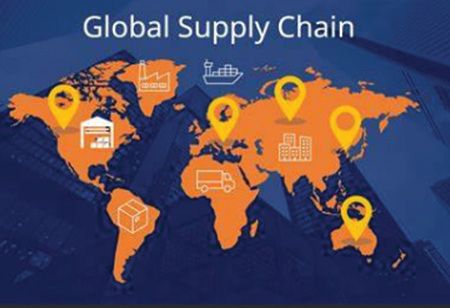
India Eyes Reentry to Major Global Trade Blocs


In a move to bolster its economic growth and deepen integration into the global market, India is considering joining two major trade blocs: the Regional Comprehensive Economic Partnership (RCEP) and the Comprehensive and Progressive Agreement for Trans-Pacific Partnership (CPTPP).
The possibility of rejoining these international trade alliances has resurfaced, aiming to position India strategically within global value chains.India initially entered negotiations with RECP in 2013 but ultimately decided to withdraw in 2019 due to concerns over trade imbalances, particularly with China, and the potential adverse impact on its domestic industries.
RCEP, which includes 10 ASEAN countries and their six free trade agreement (FTA) partners (China, Japan, South Korea, Australia, and New Zealand), represents a significant share of global trade. Membership could open up new economic opportunities for India, potentially helping it increase its presence in markets across Asia and Oceania.
Likewise, CPTPP offers India another chance to tap into diverse and expansive market, spanning five continents and covering Pacific Rim countries such as Canada, Mexico, Peru, Chile, New Zealand, and Japan. As the bloc is known for its high standards in trade, investment, and intellectual property rights, joining CPTPP could significantly improve India’s economic competitiveness and stimulate innovation.
Despite robust economic performance and consistent policy reforms making India an attractive investment destination, Subrahmanyam acknowledged that private sector investment is still not at the level needed to fully realize India’s growth potential.
Nevertheless, Subrahmanyam lauded India’s progress as one of the world’s ‘shining stars’ attributing its impressive growth trajectory to stable policy frameworks and reforms. This growth track, he noted, has strengthened India’s standing on the global stage and enhanced its appeal to foreign investors.
As India weighs its options to join RCEP and CPTPP, the potential reentry to these trade blocs could represent a crucial step toward achieving its long-term economic ambitions and strengthening its role in the international trade ecosystem.